Dhaka, Nov 2 (V7N) — Political tension continues to rise in Bangladesh as disputes over the implementation of the July National Charter intensify. The issue has sharply divided major political parties and ignited heated debates across the national political landscape.
The Bangladesh Nationalist Party (BNP) has reaffirmed its stance in favor of holding a public referendum on the charter on the same day as the upcoming national election. Meanwhile, Jamaat-e-Islami insists that no election will have legitimacy unless the referendum is conducted beforehand.
Upon returning from a U.S. visit, Jamaat Ameer Dr. Shafiqur Rahman told reporters in London on Friday, “Our position is clear — the referendum must come first. Without it, the election is meaningless and has no value.”
In a separate video message to the media on Saturday, Jamaat’s Nayebe Ameer Dr. Syed Abdullah Mohammad Taher accused the BNP of creating unnecessary political tension around the July Charter issue. “This instability just ahead of the national election is obstructing the process of holding polls in February,” he said.
In response, BNP Secretary General Mirza Fakhrul Islam Alamgir, speaking at a public event on Saturday, accused Jamaat of being responsible for most of the current electoral uncertainty. “They’ve brought up the PR demand that was never part of the original discussion,” he said. “They’re creating pressure, saying it must happen immediately — otherwise, the election will not take place.”
Fakhrul added, “Our position is very clear — we stand by the agreements we have signed. But we will not take responsibility for anything we haven’t signed. We still want dialogue to resolve these issues.”
BNP Standing Committee member Major (Retd.) Hafizuddin Ahmed criticized the July Charter, saying it serves no real purpose for the people. “It only benefits certain individuals — advisers who are trying to secure their future positions,” he remarked.
Another BNP leader, Salahuddin Ahmed, speaking at a rally in Narayanganj, accused a political group of exploiting religion to divide the nation ahead of the elections. Though he did not name the party, his remarks were widely interpreted as a reference to Jamaat-e-Islami.
Meanwhile, internal reactions within the ruling coalition have also emerged. National Citizen Party (NCP) South Region Organizer Hasanath Abdullah said at a coordination meeting in Barguna that the nation now appears divided into two camps — one supporting reforms and the other opposing them. “Those who support reforms seem to be aligned with us, while those against them are distancing themselves,” he added.
Addressing BNP’s objection to the July Charter, Hasanath Abdullah questioned, “If they didn’t see the charter, why did they sign it? We had already said it must be shown and authorized first. We did not act irresponsibly.”
NCP Chief Coordinator Nasiruddin Patwari, at another event in Dhaka, mocked BNP’s demand for a costly referendum, saying, “BNP’s so-called ‘godfathers’ who collected illegal funds during the movement can easily finance this referendum.” He further remarked humorously, “We tried to purify the BNP with holy Zamzam water, but it didn’t work. Maybe now we should try cleaning them with the Buriganga River water.”
Adding to the growing debate, Hefazat-linked political group Khalafat Majlis held a rally in Haluaghat, where its Ameer Maulana Mamunul Haque demanded full legal implementation of the July Charter before the election. “The charter must be implemented with a proper legal basis,” he declared.
On the other hand, Revolutionary Workers Party General Secretary Saiful Haque expressed concern that the National Consensus Commission’s recommendations have led to further division. “By ignoring dissenting opinions, the commission’s proposal has become controversial,” he said, adding that granting constitutional amendment authority to the interim government is “unacceptable and equivalent to undermining the constitution itself.”
As political parties remain entrenched in their respective positions, the ongoing debate over the July National Charter has deepened uncertainty over Bangladesh’s electoral process. With the national election approaching, observers warn that the unresolved conflict could intensify political volatility in the coming weeks.
END/V7D/SMA/



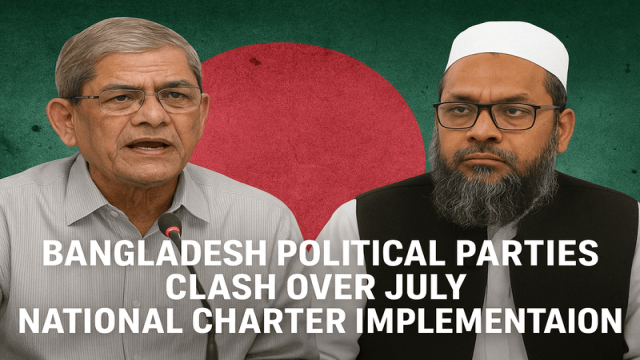


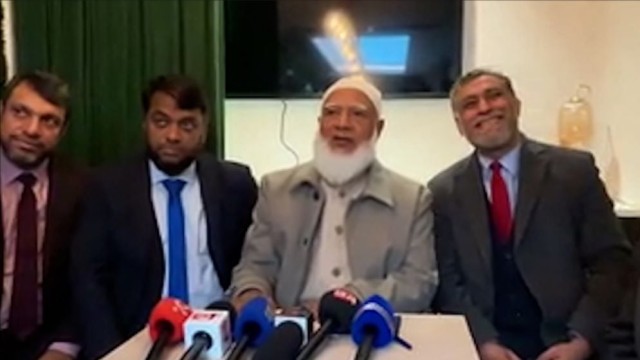
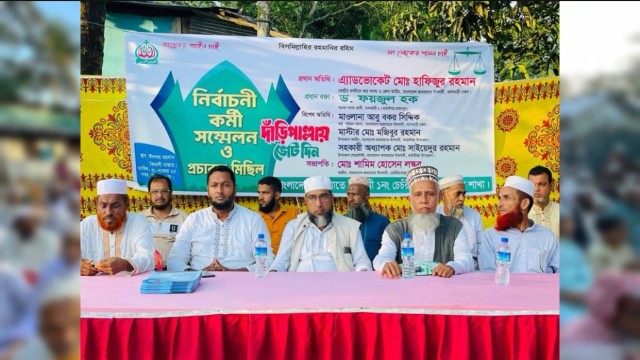
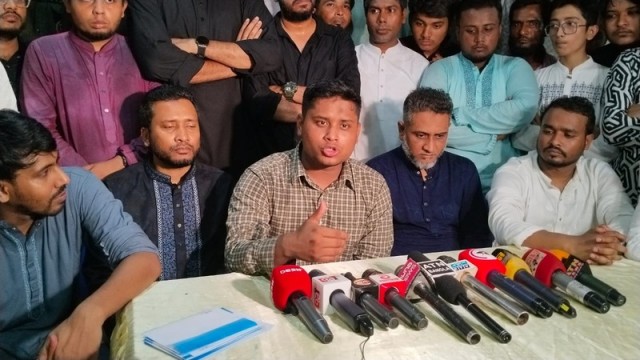
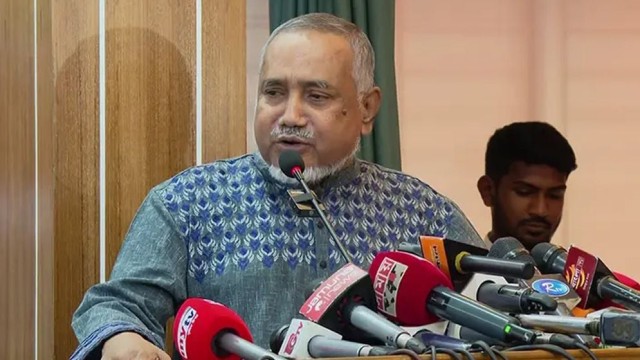
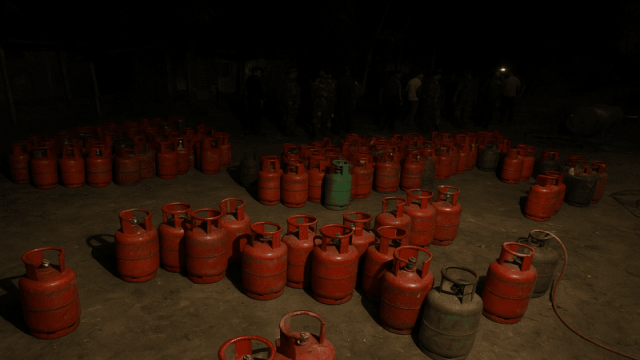
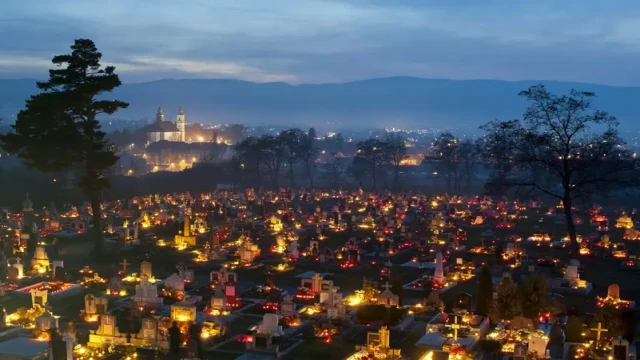

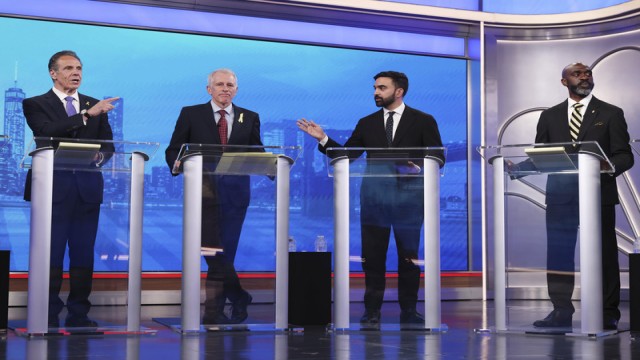

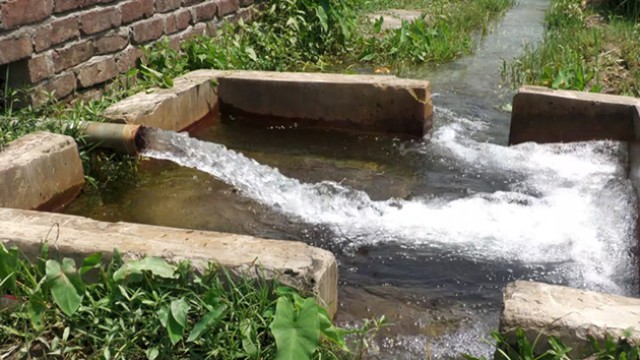
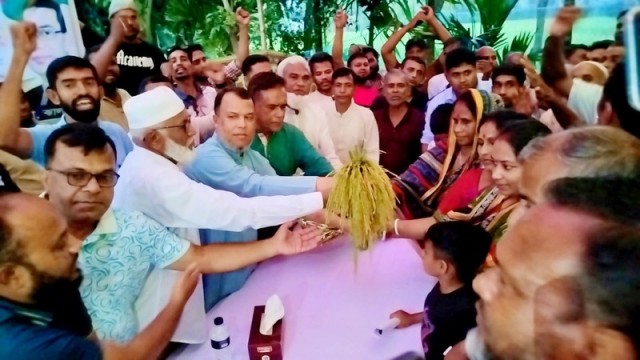
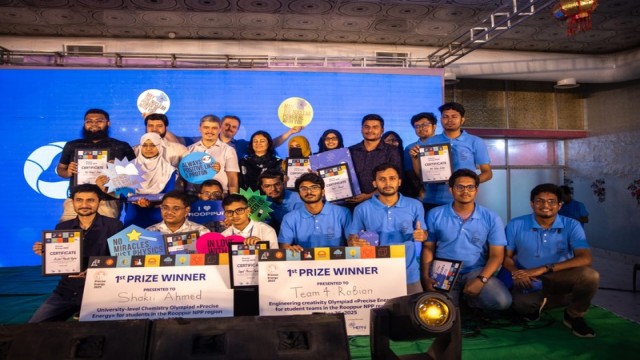
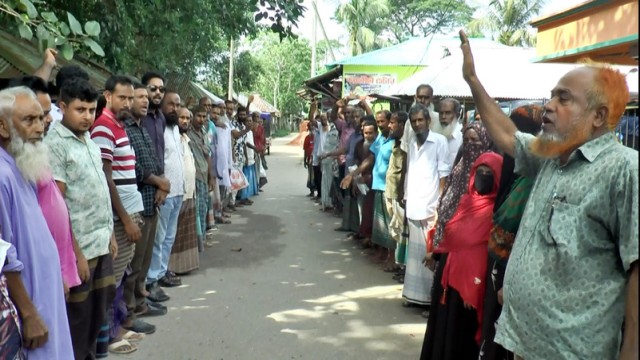

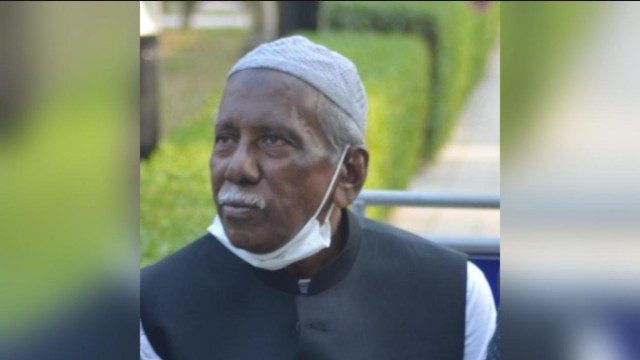
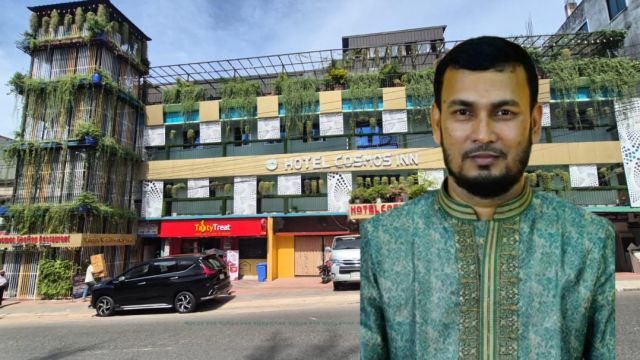
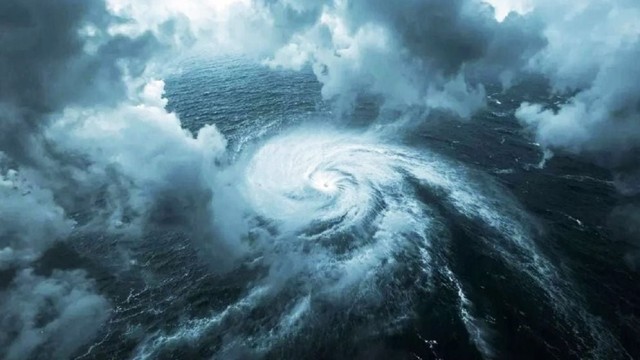
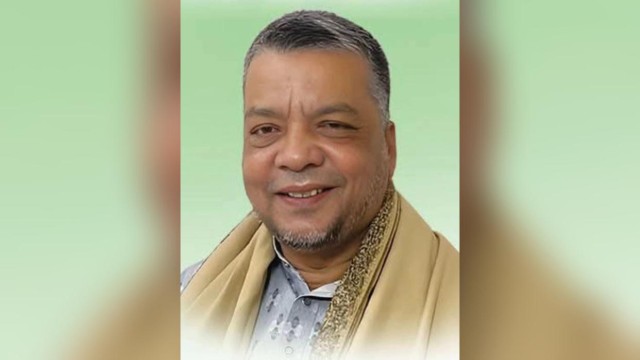
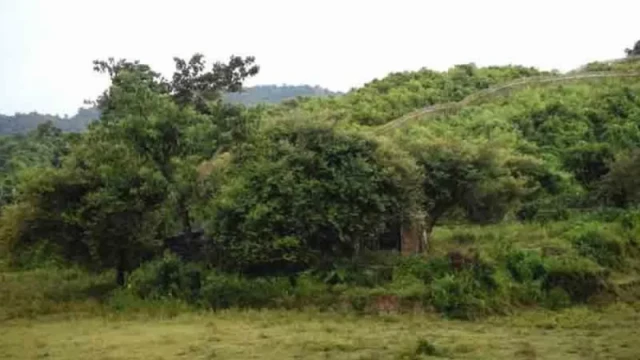
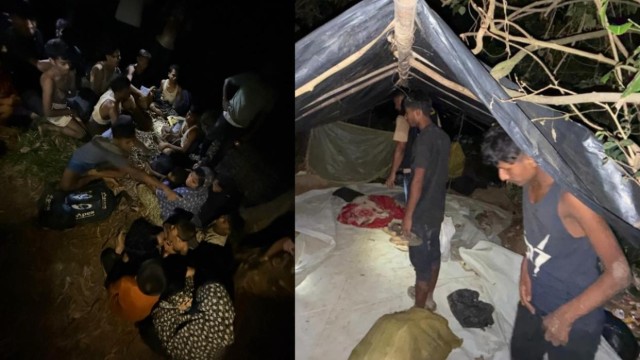
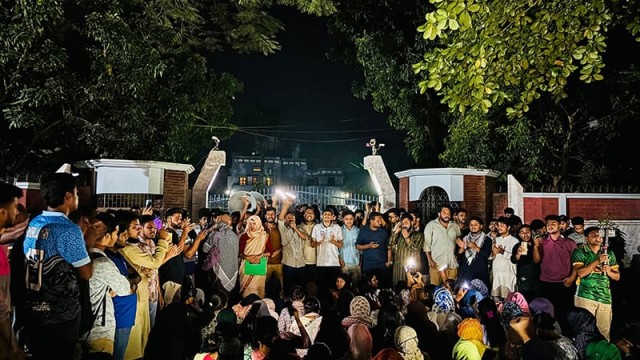
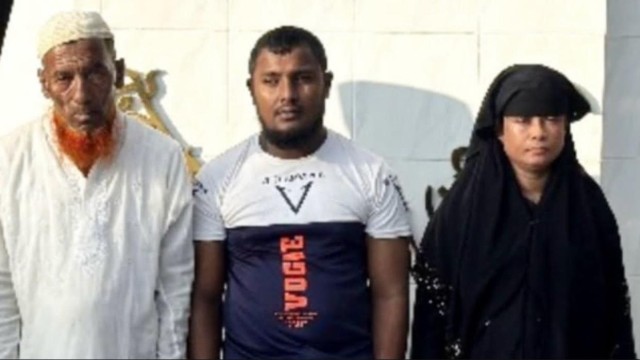
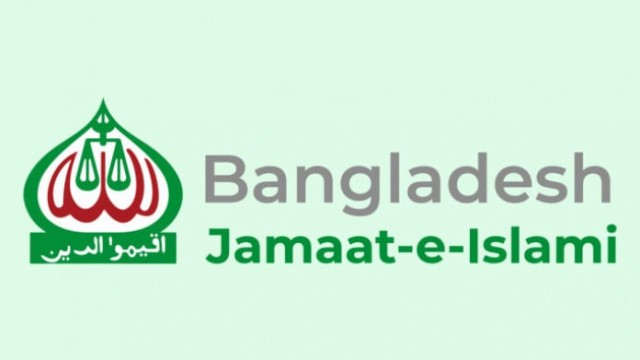
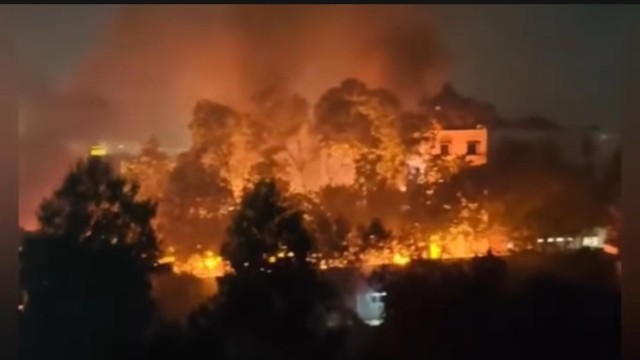
Comment: